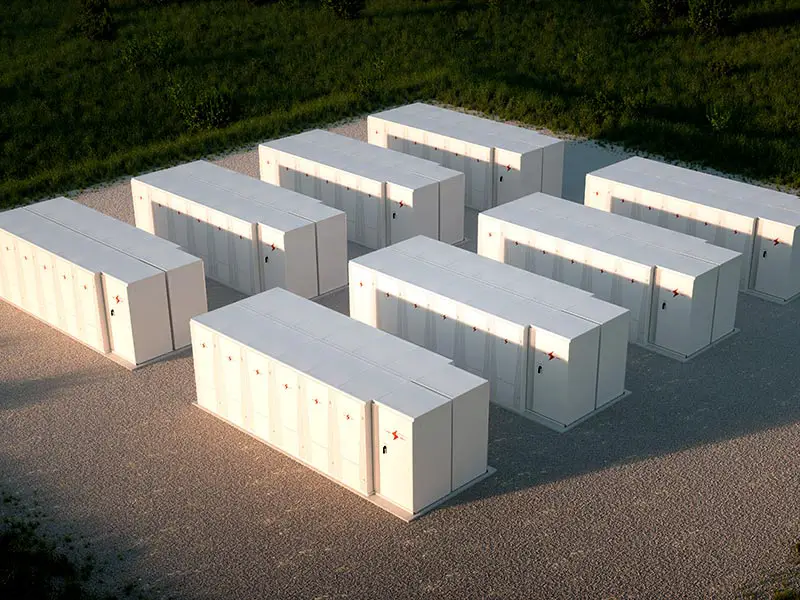The Emerging Africa Infrastructure Fund (EAIF), a Private Infrastructure Development Group (PIDG) Company, has committed a €11.5 loan to develop the first battery energy storage system (BESS), Walo storage project facility in West Africa.
The €42 million Walo storage project facility located in Bokhol, Senegal will consist of a 10MW/20MWh BESS supplied by a 16MWp solar PV plant. The lithium-ion battery project will be incorporated into the solar PV plant, which will use a single axis tracker system.
Africa REN will construct and operate the facility, which has been designed to sole issue associated with intermittent energy supply, a key challenge to integrating renewable energy into the grid.
It has signed a 20-year deal take-or-pay power purchase agreement with Senegal’s national electricity company Senelec.
The Walo storage project facility to improve reliability of grid operations
Upon completion, Walo storage project facility will improve energy security in the country, demonstrating the importance of roust energy storage systems to support the electric transmission network and accelerate an efficient transition to renewable energy.
The first of its kind project will deliver a range of positive impacts, including greater flexibility in energy management and improved reliability of grid operations.
The system will use to reserve energy when there are deficits, ring power and grid assets online after failures and supply electricity to the cities in the northern part of Senegal during power outages.
Speaking at an African Solar Industry Authority webinar, West African Power Pool project coordinator Mawufemo Modjinou pointed out that batteries could be key to integrating the electricity grids in West Africa.
As more west African countries bring greater amounts of variable renewable energy sources into their constrained grids, they will need technological means to stabilize and regulate the frequency of the greater grid.
“This market- ancillary services could be a key driver for BESS in West Africa, simply because battery energy storage provides ancillary services in terms of frequency regulation,” Modjinou explained.
Also read: Africa’s first fully digital high-voltage substation commissioned in Senegal
Senegal has over the past six years, added more than 345MW of clean power to its grid, accounting for nearly a quarter of its energy mix. This has brought its energy access rate to just over 70%, the twelfth highest in Africa.
Beyond energy access and reliability of supply, Walo storage project facility will also boost the local economy through the creation of 150 jobs during construction as well as 20 permanent roles when in operation.

Leave a Reply